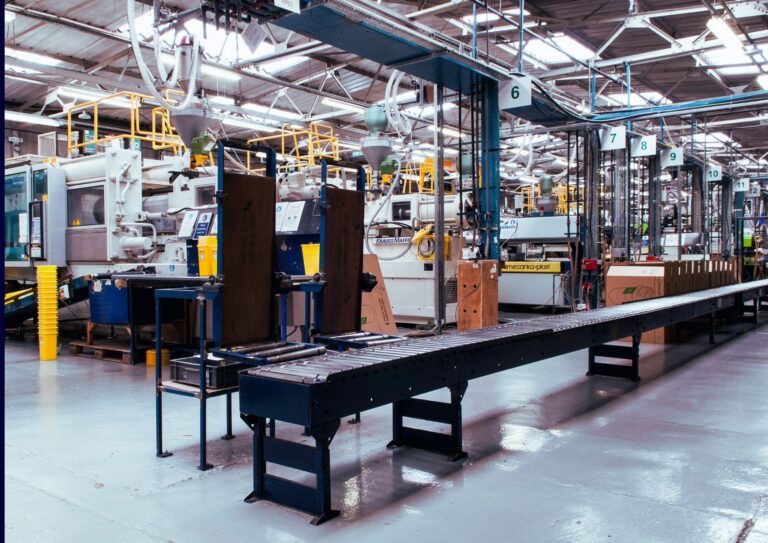How Digital Supply Chains Are Transforming Business: A Look at Innovations
Digital transformation has become a major driver of change for businesses on a global scale. One of the key elements of this process is the concept of digital supply chains (Supply Chain, SC), which is changing the way companies manage their operations. At the core of these innovations are technologies such as the Internet of Things (IoT), automated guided vehicles (AGV), data analytics, blockchain, and virtual and augmented reality (AR/VR). Small and medium-sized enterprises (SMEs), which have traditionally struggled to compete with larger players, can greatly benefit from these digital solutions by accelerating their digitization and process optimization.
Digital Supply Chains: The New Foundation of Business
Digital supply chains represent the integration of digital technologies and automated systems into traditional supply chains. This includes everything from planning and production to delivery and inventory management. The main objective is to increase efficiency and accuracy at each stage of the process, while reducing cost and lead time.
For SMEs, which often work with limited resources, digital supply chains are not only a means of achieving operational optimizations, but also an important step towards improving market competitiveness. The introduction of new technologies leads to better integration and flexibility, enabling small companies to respond more quickly to changes in supply and demand.
The Benefits of Digitization For SMEs
- Automation of processes
- The automation that underpins digital supply chains reduces the need for human intervention and minimizes the risk of errors. For example, the use of AGVs allows businesses to automate the processes of transporting materials and products in warehouses and production lines. This improves efficiency while freeing human resources for more important tasks related to innovation and development.
- Data analysis for better decisions
- Data generated from each step in the digital supply chain can be analyzed in real-time, enabling SMEs to make more informed decisions. Predictive analytics and big data modeling can predict future trends, optimize inventory, and improve customer interactions.
- Blockchain for transparency and security
- Digitization through blockchain technology ensures transparency and traceability of every transaction and movement within the supply chain. For small businesses, this means increased trust from partners and customers, especially when it comes to international transactions or supplies where security is critical.
- Flexibility and adaptability
- Technologies such as IoT and VR/AR allow small businesses to be more agile in their operations. For example, training and simulations for production optimization can be conducted through AR, without the need for physical presence. This is of particular importance in the context of globalization and remote work.
Optimization of Processes Through Integrated Systems
One of the main benefits of digital supply chains is their ability to optimize processes throughout the entire production cycle. Integrated supply chain management systems can automate and synchronize all stages of the production process – from the ordering of raw materials to the delivery of the finished product to the customer. This leads to significant time and cost savings, while increasing the precision of execution.
SMEs often face challenges such as insufficient resources for efficient supply management or lack of the necessary capacity to integrate new technologies. Digital supply chains offer solutions to these problems through automation that allows businesses to run more smoothly without putting additional strain on resources.
Conclusion
Digital supply chains are not only the future of business operations, but also a powerful tool for the modernization of small and medium enterprises. They provide companies with the ability to digitize their processes using innovations such as AGV, IoT, blockchain and data analytics. The implementation of these technologies not only optimizes processes and reduces costs, but also makes the business more competitive in the dynamic market context. In a world of digital transformation, companies that quickly adopt new technologies and adapt their supply chains will be the ones that continue to grow and develop in the future.
This material was prepared within the framework of the BE-Digital project, funded by the Erasmus+ programme.







